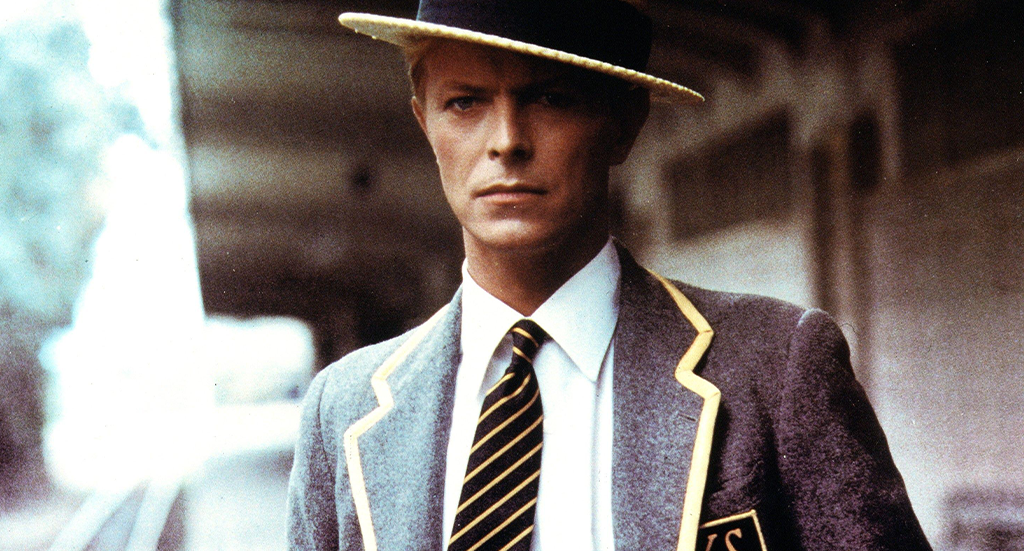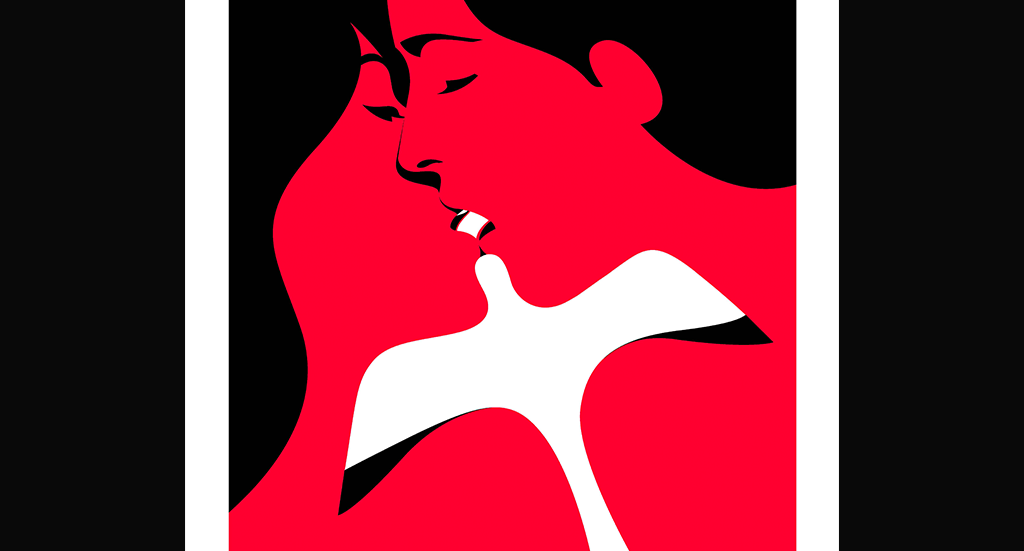61-70
Bowie’s favourite 100 Books – Part 7
David Bowie’s 100 favourite Books
Part 7


A People’s History Of The United States by Howard Zinn
People’s History provides a (more or less) linear trek from the landing of Columbus to the presidency of George W. Bush — with every war, major movement, and historic moment along the way, examined from the perspective of the oppressed.
For anyone who’s only learned history in a public K-12 classroom or anyone who’s only learned political action through Rage Against the Machine lyrics, a potential pitfall for privileged white-males like me, this book is an excellent primer on the history of our country. (Source: erikralston.medium.com)
The Age Of American Unreason by Susan Jacoby
Combining historical analysis with contemporary observation, Susan Jacoby dissects a new American cultural phenomenon—one that is at odds with our heritage of Enlightenment reason and with modern, secular knowledge and science.
With mordant wit, she surveys an anti-rationalist landscape extending from pop culture to a pseudo-intellectual universe of “junk thought.” Disdain for logic and evidence defines a pervasive malaise fostered by the mass media, triumphalist religious fundamentalism, mediocre public education, a dearth of fair-minded public intellectuals on the right and the left, and, above all, a lazy and credulous public. (Source: Goodreads.com)


Metropolitan Life by Fran Lebowitz
Metropolitan Life” is not simply consistently cross, swift and sly, as if that would not be enough. It introduces an important humorist in the classic tradition. The satire is principled, the taste impeccable — there is character here as well as personality.
You must read about Chicken Little, the bar for the desperate unadopted children who try to pick up parents, and “Writers on Strike,” wherein not‐writing done in public instead of at home. (Source: frankhorst-magazine.com)
The Coast Of Utopia by Tom Stoppard
The Coast of Utopia is Tom Stoppard’s long-awaited and monumental trilogy that explores a group of friends who came of age under the Tsarist autocracy of Nicholas I, and for whom the term intelligentsia was coined. Among them are the anarchist Michael Bakunin, who was to challenge Marx for the soul of the masses; Ivan Turgenev, author of some of the most enduring works in Russian literature; the brilliant, erratic young critic Vissarion Belinsky; and Alexander Herzen, a nobleman’s son and the first self-proclaimed socialist in Russia, who becomes the main focus of this drama of politics, love, loss, and betrayal. (Source: Goodreads.com)


The Bridge by Hart Crane
The Bridge, first published in 1930 by the Black Sun Press, is Hart Crane’s first, and only, attempt at a long poem. Its primary status as either an epic or a series of lyrical poems remains contested; recent criticism tends to read it as a hybrid, perhaps indicative of a new genre, the “modernist epic.”
The Bridge was inspired by New York City’s “poetry landmark”, the Brooklyn Bridge. Crane lived for some time at 110 Columbia Heights in Brooklyn, where he had an excellent view of the bridge. (Source: Wikipedia.org)
All The Emperor’s Horses by David Kidd
David Kidd has found himself, without really planning to, becoming a small part of history — marrying into the family of part of the Chinese elite, the chief justice of the supreme court, on the eve of the cultural revolution.
Within All the Emperor’s Horses, he conveys, in a series of anecdotal episodes, first what life is like being an American marrying a Chinese, a daughter of a dignitary from a long lasting, eminent dynasty; and then, what life is like for a remnant of the old regime, in a country slowly succumbing to a revolution and a complete change of life. (Source: jentssetter.com)


Fingersmith by Sarah Waters
Sue Trinder is an orphan, left as an infant in the care of Mrs. Sucksby, a “baby farmer,” who raised her with unusual tenderness, as if Sue were her own. Mrs. Sucksby’s household, with its fussy babies calmed with doses of gin, also hosts a transient family of petty thieves—fingersmiths—for whom this house in the heart of a mean London slum is home. (…) (Source: Goodreads.com)
Earthly Powers by Anthony Burgess
Anthony Burgess, author of A Clockwork Orange, is regarded as one of the most original and daring writers in the English language. In Earthly Powers Burgess created his masterpiece. At its center are two twentieth-century men who represent different kinds of power – Kenneth Toomey, eminent novelist, a man who has outlived his contemporaries to survive into honored, bitter, luxurious old age as a celebrity of dubious notoriety; and Don Carlo Campanati, a man of God, eventually beloved Pope, who rises through the Vatican as a shrewd manipulator to become the architect of church revolution and a candidate for sainthood. (Source: forty2beyound.com)


The 42nd Parallel by John Dos Passos
It is the first volume of Dos Passos’ famous U.S.A. Trilogy. This is structurally one of the most challenging of forms. It is the story of the U.S.A. from about the early days of the 20th century until about late 1918, centering toward the end of the war in Europe.
In this first volume we follow the lives of six main fictional characters. The life of each is told in a very creative manner, and eventually all six of them merge in one form or another. (Source: Bostonbookreviews.com)
Tales Of Beatnik Glory by Ed Sanders
Ed Sanders’s mock-heroic (and heroic) odyssey follows poet, filmmaker, and activist Sam Thomas, editor of Dope, Fucking, and Social Change, and a variegated cast of castoffs, dropouts, peaceniks, freakniks, and mendicant filthniks, from Kansas through the beatnik and hippie countercultures of New York City’s Lower East Side and Greenwich Village.
From the Freedom Rides and confrontations with the Alabama Klan to the “hate-dappled” Summer of Love, Tales of Beatnik Glory is the epic of America in the sixties, in a language of droll invention and stoned mythopoesis, from a man who once dared to exorcise the Pentagon. (Source: Goodreads.com)

Please stay tuned for Part 8 – soon on theecool.com






Join our Community